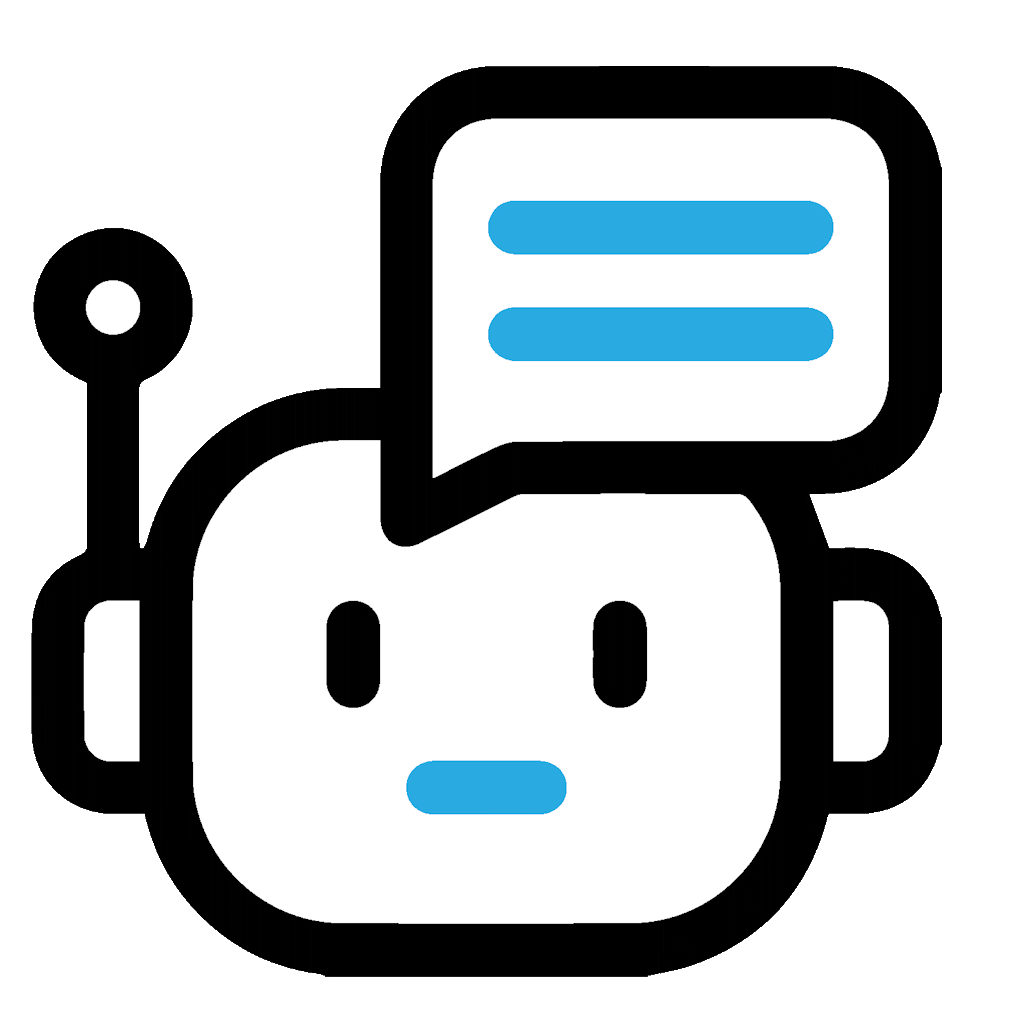Artificial intelligence has taken over the world of technology at lightning-fast speed. You name the industry, and AI would have an active involvement there. Whether it is space exploration, content writing, or automated driving cars, AI has a significant developing role. This gives rise to growth stimulation, intellectual progress, productivity, and efficiency.
Given a list of advantages and prevalence, AI also has some harmful ethical challenges. These issues need to be tackled before they become established practices in the public at large. Here are AI ethics consultants that teach the right way to develop a progressive approach for your companies, businesses, and organizations.
Top 5 AI Ethics Consultants for 2025
AI consultants are lawful service providers who ensure clients do not breach AI ethical laws and invite scrutiny from ethical regulators.
1. Virtue Consultants
Virtue Consultants is very good at checking ethical risks. They find possible ethical problems in AI, virtual reality, and biotech projects. Their detailed evaluations help businesses understand complex ethical issues. This ensures that technology development fits with societal values and rules.
They give custom AI governance solutions for AI ethical questions. They design and carry out responsible AI programs for each organization. This includes setting AI risk standards and creating governance structures. They also make policies and procedures to manage ethical and regulatory risks well.
Virtue Consultants has worked with Fortune 500 companies. They help these companies to design and carry out digital ethics programs. This improves ethical standards in many industries. Their work helps organizations to create and use technologies that are ethical. This protects their reputations and helps them follow changing regulations.
Pros:
- Specializes in AI risk mitigation.
- Provides detailed ethics training.
- Expert-led principled ethical approaches.
- Promotes ethics in company culture.
Cons:
- High fees for smaller firms.
- Longer timelines for deep analysis.
- Significant business practice changes are required.
- Limited public information is available.
2. Compass Ethics
Compass Ethics focuses on fairness and accountability educational awareness in AI systems. They make sure that new technology matches ethical standards. Their team of experts comes from the best ethics programs in the world. They connect academic research with practical solutions. They help organizations make better ethical decisions.
They work with many different clients. Compass Ethics helps Fortune 500 companies, startups, government agencies, and NGOs. They deal with unique ethical issues in many sectors, like healthcare and the military. They create clear guidelines and criteria to help with complex ethical situations.
Compass Ethics shows that it can turn complex ethical ideas into real strategies. For example, they made top standards and risk assessment frameworks. These help AI technology use in mental health startups. They ensure that privacy and research ethics are respected. Their work shows that they care about responsible AI innovation.
Pros:
- Focuses on human-centered AI design.
- Offers balanced ethics assessments.
- Provides clear ethical implementation steps.
- Adapts well across various industries.
Cons:
- Requires significant organizational changes.
- Limited technical complexity focus.
- Industry experience details are scarce.
- It may not scale for rapid growth.
3. Ethical Intelligence
Ethical Intelligence provides complete frameworks for AI ethics. They help organizations include ethical ideas in all stages of AI development. Their services have risk assessments. They do ethical impact evaluations. They create ethical guidelines that fit to make sure AI is used responsibly.
They help clients follow international laws. They help clients understand the difficult rules of AI in the world. Ethical Intelligence stays updated on laws everywhere. They make sure AI systems follow the right legal standards. They promote using AI in a legal and ethical way.
Ethical Intelligence makes new solutions. They make AI ethics work in product development and data life cycles. Their way reduces risks and finds chances to grow. They help businesses use AI technologies that are ethical and effective.
Pros:
- Builds comprehensive AI ethics frameworks.
- Ensures global regulatory compliance.
- Creates innovative, ethical AI solutions.
- Balances risk and growth opportunities.
Cons:
- Overwhelming for beginners in ethics.
- Requires expensive legal consultations.
- Demands workflow process adjustments.
- Balancing priorities may dilute focus.
4. ZealStrat
ZealStrat focuses on transparency and inclusivity when making AI. They make sure AI systems are fair and accountable. They make AI solutions that are easy to understand and fair. This builds trust with users and stakeholders.
They provide custom AI ethics training for businesses. They have an AI Ethics Bootcamp. It gives workers a clear view of the AI ethics world, new laws, and best practices. Their goal is to help people develop and manage ethical AI systems.
ZealStrat works with many organizations. They help create strong AI governance frameworks. They make AI Ethics Playbooks. These AI ethics books guide companies in keeping ethical AI practices. They help with rules and build trust in society.
Pros:
- Promotes transparency and inclusivity.
- Provides tailored AI ethics training.
- Develops useful AI Ethics Playbooks.
- Helps maintain ethical certifications.
Cons:
- Training programs are time-consuming.
- Customized playbooks increase costs.
- Certification upkeep requires continuous updates.
- Inclusivity focus may skip optimization.

5. AI Global
AI Global wants to make ethical AI strategies for companies. They help organizations connect their AI projects with their main values. They make sure AI use leads to innovation while being honest and trustworthy. Their complete way helps enterprises deal with the ethical AI problems of responsible AI development.
The organization gives tools to help use responsible AI systems. These tools include frameworks, guidelines, and insights. They make it easier for businesses to use ethical AI. Businesses can manage risks better and follow ethical rules. AI Global designs resources to help organizations use AI in a responsible way.
AI Global works with others to make big changes in many organizations. They show how important ethical AI strategies are. Their success stories show how responsible AI practices can improve efficiency. They also strengthen relationships with stakeholders. These stories show their commitment to using AI for good while being successful in business.
Pros:
- Crafts ethical AI for businesses.
- Provides practical AI implementation tools.
- Transforms businesses ethically and effectively.
- Builds trust and operational efficiency.
Cons:
- Customization may increase time/costs.
- Industry applicability may be limited.
- Requires organizational structure changes.
- Stakeholder engagement needs extra effort.
Conclusion
More people use artificial intelligence now to achieve sustainable goals. This means we must focus more on ethics. We need to ensure that AI systems serve society well. AI ethics consultants help organizations create and use fair and accountable technologies. They help companies deal with ethical problems related to AI. These consultants support innovation and protect stakeholder interests. By focusing on ethics, businesses can avoid risks and build trust with their audiences. These consultants are important partners in making sure AI helps society.
Choosing the right AI ethics consultant is very important. Firms in this post offer special knowledge and useful tools. They help solve different ethical challenges in AI. They help with risk assessments and ethical training. They also help create ethical frameworks. These consultants are very helpful in making responsible AI systems. As businesses use AI more, working with these experts keeps ethics important in innovation. This leads to growth and helps create a better, tech-driven world for everyone.

